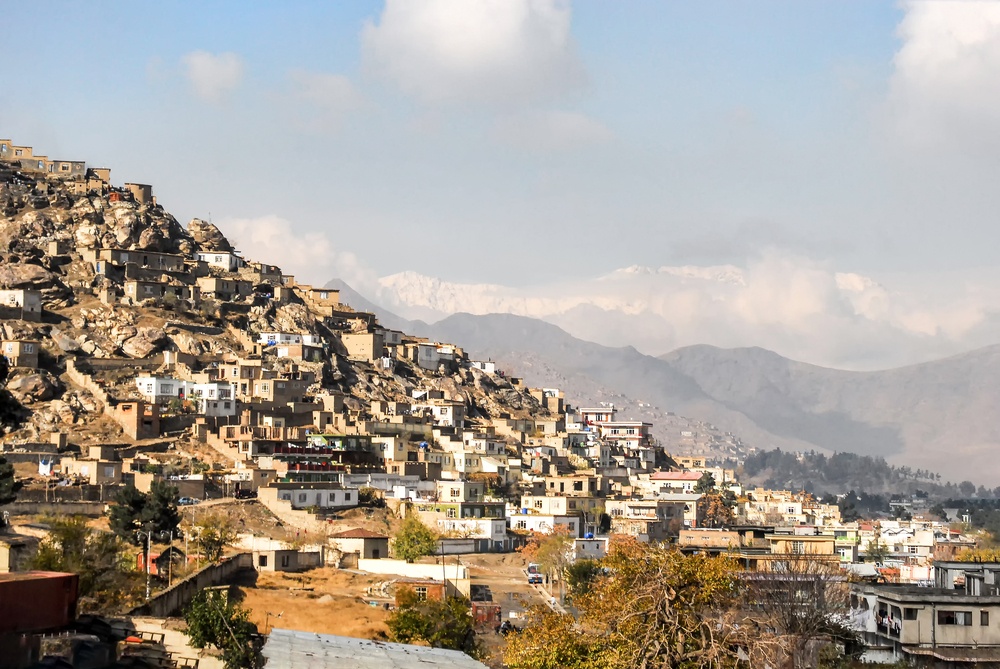Afghanistan: A War-Torn Nation Hopes to Revive its Economy with Bitcoin

War-ravaged Afghanistan is reportedly looking to issue a sovereign bitcoin bond. | Source: Shutterstock
By CCN.com: A war-torn country left to dust and drabbles is attempting to rise back with dignity. And it plans to use bitcoin as its stick.
Afghanistan asserted at a recent Spring Meetings summit that it was looking to issue sovereign bonds to raise $5.8 billion for its infrastructure projects. Khalil Sediq, the governor of the Central Bank of Afghanistan, told Asia Times that it would attempt to couple bitcoin with its mostly untapped, $3 million worth Lithium market. The outcome would be a digitally signed government bond that could be issued to investors over the blockchain.
Bitcoin against Three Decades of Turmoil
The announcement followed Afghanistan’s economic turmoil for the last three decades. It started with a political coup in the 1970s that led to the assassination of then-president Mohammed Dauod Khan. The tensions made way for the Soviet Union to invade Afghanistan. By the late 1980s, the country had become victim to the power struggles between the Soviets and the US.
When the Soviets lost in 1989, the US left Afghanistan in the hands of its then-allies, the Taliban. The Wahabbi Islamist group left no stone unturned to push the nation to the stone age. They later became the mastermind behind the shocking September 11 attacks in the US. That prompted Washington to launch one of its longest wars against the Taliban in an already-shredded Afghanistan. The conflict is now in its eighteenth year.
Such constant turmoils robbed the country of its potential economic opportunities. Afghanistan’s GDP fell substantially during the 1980s owing to the loss of capital, labor, infrastructure, trade, and transport. The nation’s 25-percent population is now unemployed and lives under poverty.
The International Monetary Fund (IMF) wrote in an analysis , published November 21, 2017, that Afghanistan’s external debt was at high risks. The report revealed that the country’s debt sustainability largely hinged on donor grants’ inflows – which was 39-percent of the total GDP – against substantial fiscal and external deficits. It read:
“Even a gradual replacement of donor grants with loan financing (a customized illustrative scenario) would quickly lead to an unsustainable debt burden.”
As a result, the World Bank imposed severe restrictions on Afghanistan’s non-concessionary borrowing – loans offered below a typical interest rate. The move left the nation highly insufficient to begin or to sustain its mining and agricultural projects.
Hopes
Sediq believed that bitcoin – an innovative financial instrument – could offer his country a way to access international markets. The economist reasserted that there was a massive demand for Lithium in the global market because of companies like Tesla and others. With bitcoin, said Sediq, Afganistan could allow the global investors to tap the potential of its abundant mineral reserves.
Christine Lagarde, the managing director at the IMF, supported Afghanistan on their move but suggested that bond issuance over blockchain should first go through a sandbox testing environment.